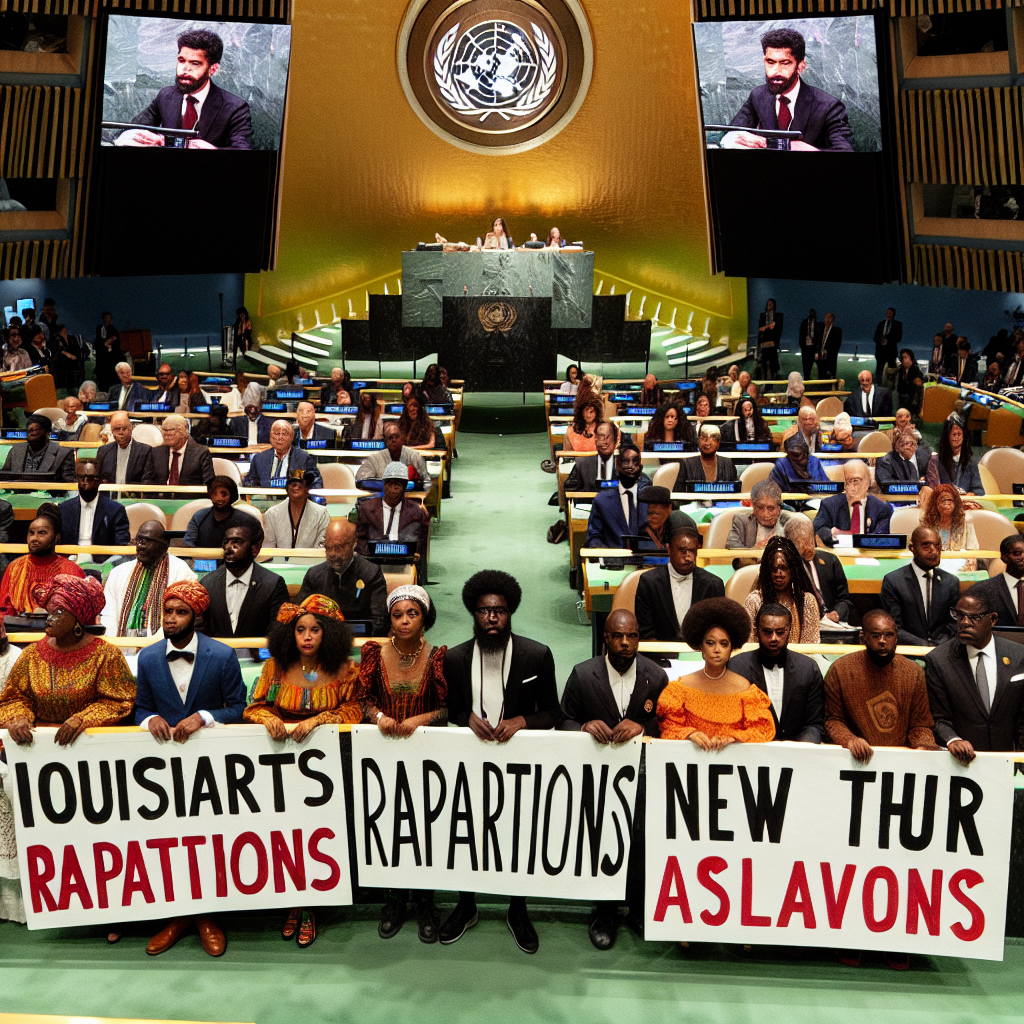Caribbean Descendants of Slave Owners and Enslaved Seek Reparations at UN
Caribbean Descendants of Slave Owners and Enslaved Seek Reparations at UN
Introduction
The ongoing dialogue about reparations for slavery has reached a pivotal moment as Caribbean descendants of both slave owners and the enslaved present their case at the United Nations. This initiative aims to address historical injustices and seek redress for the enduring impacts of slavery.
Key Players and Stakeholders
- Caribbean Nations: Countries like Jamaica, Barbados, and Trinidad and Tobago are at the forefront of the reparations movement.
- Descendants of Slave Owners: Some descendants are joining the call for reparations, acknowledging their ancestors’ roles in slavery.
- Descendants of the Enslaved: They are advocating for justice and compensation for the suffering endured by their ancestors.
- United Nations: The UN serves as a platform for these discussions, providing an international stage for the reparations debate.
Arguments for Reparations
Proponents of reparations argue that the legacy of slavery continues to affect Caribbean societies today. They highlight several key points:
- Economic Disparities: The economic gap between descendants of slave owners and the enslaved remains significant.
- Social Inequality: Systemic racism and social inequalities persist as a direct result of slavery.
- Historical Accountability: Acknowledging and compensating for past wrongs is seen as a moral obligation.
Challenges and Opposition
Despite the strong case for reparations, there are challenges and opposition:
- Complexity of Implementation: Determining who should pay and how much is a complex issue.
- Political Resistance: Some governments and individuals oppose reparations, citing various reasons including economic feasibility.
- Historical Interpretation: Differing views on history and responsibility complicate the reparations debate.
Conclusion
The call for reparations at the United Nations marks a significant step in addressing the historical injustices of slavery. While challenges remain, the involvement of both descendants of slave owners and the enslaved highlights a growing recognition of the need for justice and reconciliation. The outcome of these discussions could set a precedent for how the world addresses historical wrongs.




































